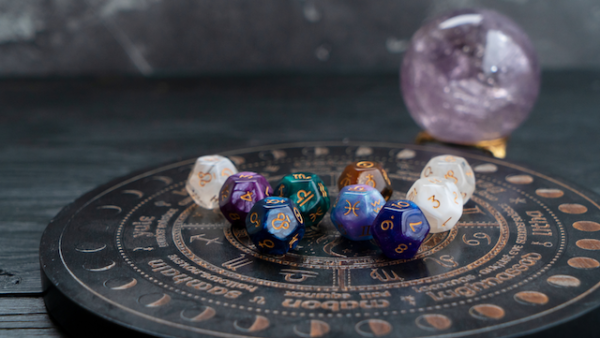If you’re spending more time catching up on TV shows than catching up on your shut-eye, you might be hampering all your other wellness efforts, like eating right and taking the time to exercise. Experts say that a lack of rest—whether from overstimulation, anxiety or other sleep-related disorders—can manifest as issues with your memory, blood pressure, immunity and even your skin. We spoke to three experts about what can actually happen when you’re not allotting enough time for a restful sleep.
1. Sleep deprivation can heighten issues with stress
Stress and sleep are looped. Most of the time chronic stress leads to insomnia, and lack of restorative sleep leads to poor response to stress. In fact, Dr Sibasish Dey, head, medical affairs, Asia and Latin America, ResMed, explains how insomnia is not a state of sleep loss, but a disorder of hyper-arousal present during both the night and the daytime. When we are stressed, the emotional control centre of our brain called amygdala gets activated. This can cause cortisol production, which can lead to reduced mental resilience and a longterm fight or flight syndrome. “At a more advanced level, sleep deprivation can over-stimulate parts of the brain and even lead to permanent brain damage. This is because of the brain’s ‘neural plasticity’—which means its ability to adapt to new situations alters,” adds Dr Dey.
2. A lack of sleep can lead to difficulties in decision-making
“During sleep, the brain is relatively in a low metabolic state, and this helps the lymphatic system clear out toxins that have accumulated during the day. Memories are consolidated during sleep, and the different systems of the body are in a restful state,” explains Dr Lancelot Pinto, consultant respirologist, PD Hinduja Hospital Mumbai. It is this role of memory forming that regulates our emotions and our responses, and a continued state of sleep deprivation can alter our decision making. Lack of energy, difficulty concentrating, memory loss and loss of interest in hobbies or activities are the common symptoms.
Studies have proved that those who have had a good night’s sleep are more likely to perform better at tasks that require concentration and memory. “REM sleep plays a big role in the learning process, cognition and synaptic cross linking. Between the stages of sleep, deep sleep helps in declarative learning and REM sleep helps in learning skills. There is increased focus, more attention span and good grasping capacity if one gets enough sleep. Hence, there is increased alertness and productivity,” says Dr. Karthiyayini Mahadevan, head of wellness and wellbeing, Columbia Pacific Communities.
3. It can hamper immunity
While you have been stocking up on the healthy groceries and nutritional supplements, have you considered clocking another hour of sleep to increase immunity? “Research has proven that adequate sleep helps in the development of T cells which are immune cells that help fight intracellular pathogens such as virus infected cells, for example, flu, HIV, herpes, and cancer cells,” adds Dr Dey. Without sufficient sleep our bodies make fewer cytokines, a protein that fights infection and inflammation triggering an immune response. Plus,”the white cells which defend our immune system are not circulated to the regions called lymph nodes. This redistribution of the white cells happens only when we sleep well,” confirms Dr Mahadevan.
4. It can mess with your appetite
“Ghrelin and leptin are two hormones that impact hunger, and how you sleep affects their production. Ghrelin’s role is to stimulate appetite, while leptin has the counterbalancing ability to decrease appetite. But, when there is sleep deprivation, there is an increase in the level of ghrelin, while the level of leptin falls, leading to an increase in hunger,” explains Dr Dey.
5. Getting too little sleep can cause heart and blood pressure disorders
Sleep deprivation is a prominent cause of issues like hypertension, cardiovascular issues, blood pressure, and various other diseases. During sleep hours, blood pressure is low and balanced. Having sleep problems means your blood pressure stays higher for a longer amount of time, which can cause issues long-term.
6. It can cause dry, sallow skin
If you haven’t slept a couple of days, your skin can be dull and your eyes puffy. But chronic sleep loss can cause cortisol production, which in excess amounts, can break down skin collagen, which is the protein that keeps it smooth and elastic. Plus, sleep loss also causes the body to release too little human growth hormone (HGH). HGH is important in the creation of muscle mass, which is needed to strengthen the skin’s scaffolding.
The article was first published in Vogue





